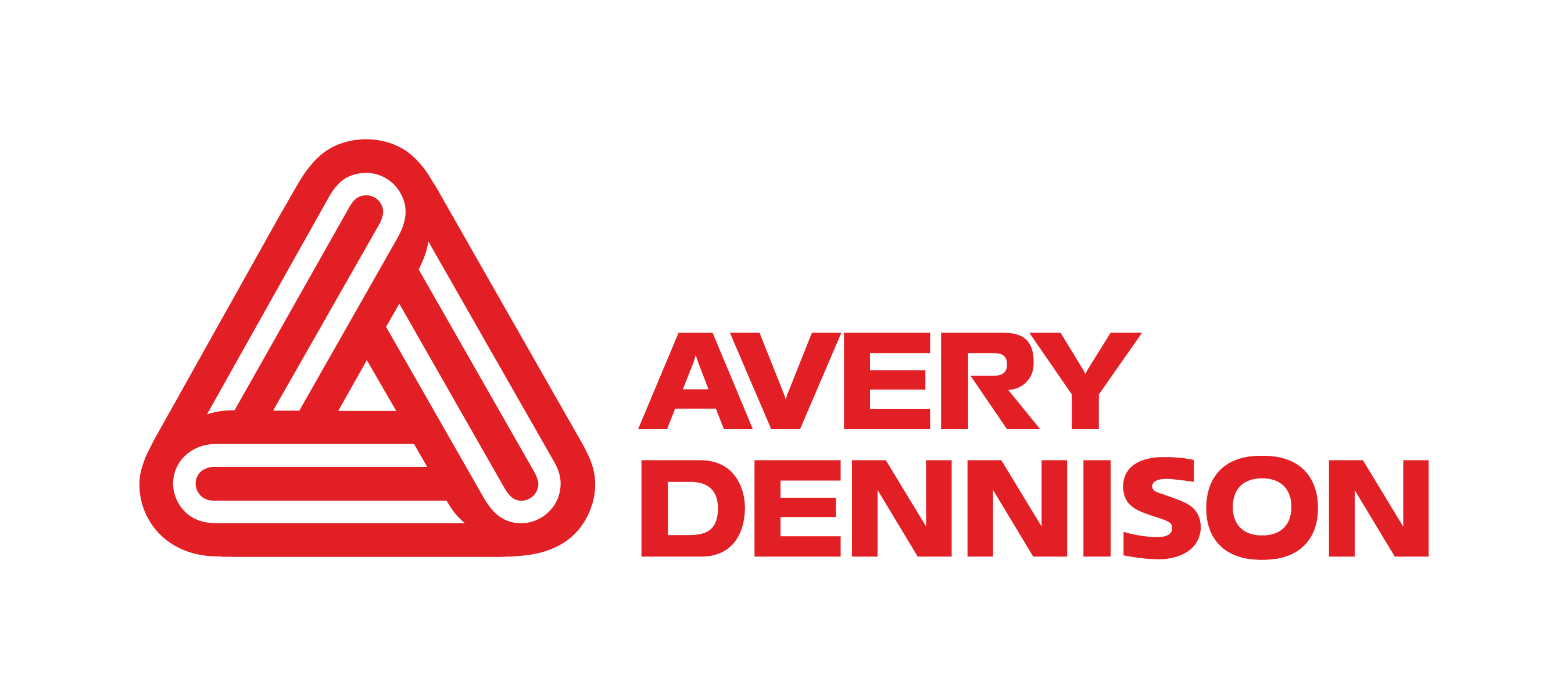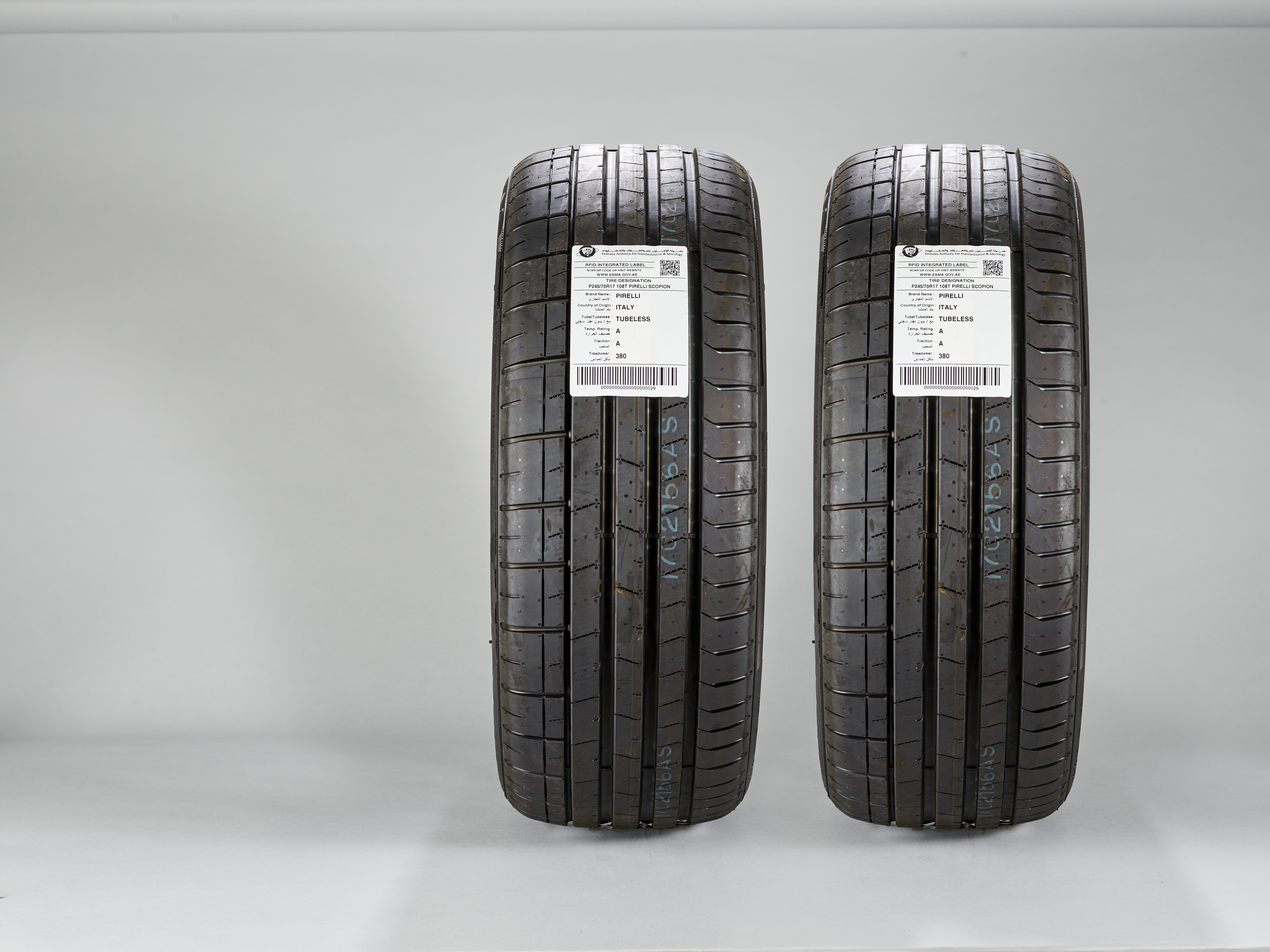Lauri Hyytinen Head of Global Sensor Market Development, Smartrac, and Frank Smits Business Development Manager Intelligent Labels, Avery Dennison in an interview with RFID & Wireless IoT Global.
Large daily volumes in industry, VDA requirements and the transformation in the automotive industry: a response from Lauri Hyytinen and Frank Smits.
Lauri Hyytinen has been working in the field of RFID since 2007. For the last 10 years he has worked with the leading automotive OEM’s and Tier1’s developing new RFID applications. With a hands on attitude and wide partner network Lauri has made Smartrac’s transponders to be familiar for all major automotive companies.
Frank Smits has been working in the AutoID industry since 1996 and has extensive experience in companies with a focus on RFID and materials science. He has worked for Avery Dennison since 2018.
The acquisition of Smartrac by Avery Dennison was finalized in February 2020. The combination of the two companies creates the broadest RFID portfolio in the market. Now with seven production sites worldwide, the company is well positioned to drive growth in new and existing segments and meet high volume requirements across multiple industries. One of the areas of focus is developing the industrial segment and expanding on the opportunities within the Automotive industry. In recent years, Avery Dennison has also invested in companies such as PragmatIC and Wiliot to further expand its technology offering.
The acquisition of Smartrac by Avery Dennison
Avery Dennison
~30 Billion Tags Delivered to date
As the market leader in the retail sector, Avery Dennison Intelligent Labels has delivered more than thirty billion tags in recent years. "It is our continued ambition to drive market adoption within the automotive industry," says Frank Smits. "The acquisition of Smartrac will further help us to leverage and build market momentum with a broader product portfolio and expanded manufacturing footprint”
Smartrac
With projects at virtually all automobile manufacturers and suppliers Smartrac, founded in 2000, has approx. 900 employees and in 2019, achieved a turnover of more than 126 million Euros, in which industrial applications played an important part. “We work very closely with almost all European automobile manufacturers and Tier 1 suppliers. By joining forces with Avery Dennison Intelligent Labels, we now have even greater resources – particularly through the cooperation with the research and development team – to support the industry even more effectively,” says Lauri Hyytinen, who believes that “automotive processes are ideally suited for the use of RFID technology.”
7 Production Sites Worldwide
With the integration of Smartrac into the Avery Dennison Intelligent Labels Business, an RFID company is being created that has seven production sites world-wide. Avery Dennison already has manufacturing facilities in China, Mexico and Romania. The acquisition adds four production plants in China, Malaysia, Germany and the USA with a total capacity of 10 billion RFID tags per year.




